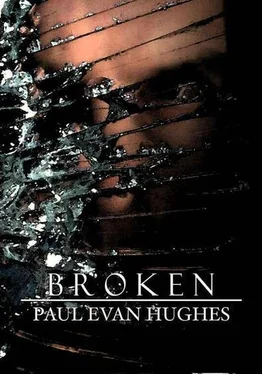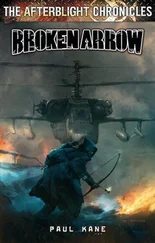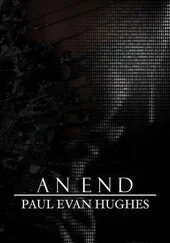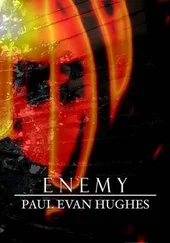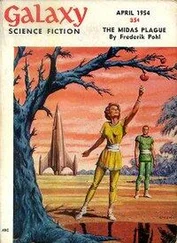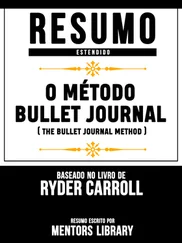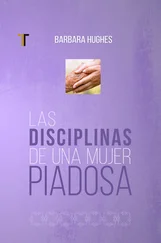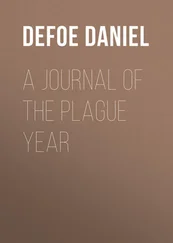He was leaving, and she slept on his shoulder. Speeding across the nighttime country on the wrong side of the road, running through concourses weighed down by a lifetime’s collection of things; I need this to remember, I need evidence that I was ever here at all. She shifted against his arm, dug deeper into the overhang of his chin, spiraled hairs popping up to tickle his nose, and he inhaled, because this is life, such contact, and without it, he is lost. A coffee break in a Starbucks; he’s never been in a Starbucks except for with her. The coffee burned his tongue, but not badly enough so he can’t remember her taste hours later on the plane over plains of snow, a nearly empty plane, enough leg room in his own aisle to take off his cowboy boots, to pull out his wallet, the photograph from it, and the inscription that breaks his heart, he is so happy.
And sitting by the water in another’s territory, the attacks of the morning forgotten or at least unspoken, cutting cheese with a key, he’d seen her upset and needing to run, and he’d driven her to the land’s edge, because they both needed it, the sun burning their skins. He’d rolled up his sleeves, and the slough of that exposure had outlasted them. Looking out across the water, he wondered which of his lives was the dream. The wind brought her scent to him, the sand between his toes and the square cleave of the rocks grounding him to that place. Spider webs between the rocks, Zinger wrappers he collected and took home. Maybe the sandwiches got too warm.
And walking down the streets of her, that tiny hand lost in his. The streets that defined her, the cobbles of places far from him, the avenues she’d walked a lifetime and he’d followed a year. Sitting on a rock, hiding a cigarette from spying armies, he hated the way she grabbed his ass and loved it. Public. Displays. Her hand held him to that place and time, and he remembered her whispers. Wondered if it was real. Hoped he’d finally paid off the wages of a lifetime, and that finally he’d found her. He’d seen her eyes a thousand times before, felt her heartbeat in other cities and beneath other cages of bone, slowly edged toward that soul we search for all our lives, the one that so reflects us that we can’t help but die a little each day after it leaves. Something fuses. Something breaks. We’re left with pieces missing.
And the lifetimes we assemble into madness, the fragments of the departed we write into the days. He thought of Alina and knew that wasn’t her name at all, that the scrawl of their love couldn’t begin to emulate reality, that not even the Jud god inside of her or the Maire witch outside could approximate the feeling generated by staring across an antiques store in Lewes, making sure she’s not watching, stealthily jogging to the cashier to purchase a teacup with feet, wrapped into the football pages, secreted away in a drab green ruck, returning to the rows before she noticed, hands tracing over the dust of centuries, settling on misshapen birds that have vented the steam from a thousand meat pies, over photographs of people dead now, crumbling, the photographs and the people, from times before we were born. That we run to train stations and weave through the schoolchildren, our hands held, collapsing finally into seats jangling with our change and the day’s treasure, tiny old women sitting opposite, their accents thick and their skin thin like paper, speaking to each other but watching the two American kids pull out a bottle of water, a Yorkie bar, splitting it to share before dinner, curling together on the plastic bench, a head of curly hair, glasses, smiling eyes closed coming gently to rest under a stubbled chin, which lowers to rest, a tickled nose, a heart beating fast, knowing that this is heaven; this is all he needs.
Are you leaving?
Alina wretched as she felt herself break apart, the tangle of interface web sparking. Her vision doubled, trebled as she fell to the floor of the chamber, her form cleaving, new limbs flailing from the split of her form. Static and agony. Jud crackled to solidity and slumped from Alina, a glistening mess of wet silver and dried blood, chest grating over bitter air, hair dripping with something black and ancient.
“Get up,” she growled over loose vocal cords, her tongues reaching for better words. She rocked with the exhaustion of being whole again.
Alina’s hands splayed over a shattered cardiac shield. There were lifetimes of her missing. Two lines of tear fought through the slick of nervous sweat to bead out onto the floor.
“Get up .” Judith grasped her hands and seesawed her to standing. The severed souls supported each other’s stance. “Where’s the cache?”
Alina was looking past Jud, who turned to meet the direction of her desperate gaze. The glass, cracked and fading, showed
Maire’s army a whirlwind around her, the nightmare cacophony of the damned, the merged silver purpose. Paul could hear them, the collection of an eternity of broken tomorrows, the aggregate fury of the lost.
Maire paused in her flight, her claws a brilliant silver, garish strands of the machine ocean pouring from her eyes in a disconcerting ruin of a mask. Paul could hear her war cry spilling from between those horrible shimmering fangs. She was older than he’d ever written her, thick strands of white contrasting the black, dancing in the winds.
He ratcheted his wingtips, his nacelles forward, struggling against the gravity and drag of his descent.
And they collided.
West flickered to life and snapped to grid, a stumbling, confused landing. He was even more confused by the fact that Reynald and Hank were standing next to him, before a lifeboat’s glass, and Alina, and—
“Jud?”
Reynald’s hand went to West’s shoulder. His head shook an uncertain negative. His eyes directed a heartbroken look to the glass, and West followed just in time to see
Maire smashed through Paul’s central hub, a brilliant spray of fragmented armor and hemorrhaging silver racing after her exit wound. The vast planetship dived, Maire and Enemy vessels caught in its wake. As the imprisoned singularity at his center went critical, Maire and her horde tore at the air, attempting to escape the pull of his horizon. One by ten by thousands, the scrabbling silver forms collapsed into Paul, his edges red, melting away, great chapters of him rending away and bursting from existence.
He fell, the expanse of wailing souls spiraling after him.
The lifeboat was far enough away to pull stubbornly from the collapse, but the vessel veered a spinning retreat, its contents shifting savagely.
“We need a lock on his pattern,” Reynald barked.
“I’m on it.” Jud stood before the glass, her voice a whisper.
Alina touched the display, shaking. “Please, Paul. Don’t—”
All of Puget Sound was erased from existence as Paul impacted, the field of vision instantly blinded, a stark assault of silver light boiling across the planet’s surface. The cataclysmic deluge of liquid metal erupted from his savaged superstructure, dusting the sky, then drifting lazily down to blanket the world with argent. The Enemy forces not caught in his wake, neatly clipped from Maire’s mind essence, stippled the new surface in craters of shattered phase. All across the barren scar, new oceans of silver coalesced.
Paul’s chassis shuddered, grappled with its new foundation. Then stillness.
Alina screamed. She sobbed, throwing herself against the display until her tiny hands wilted. West heard flesh split, fingers crack. She kept beating against the glass, kept beating, kept screaming, even as he pulled her away, the stubs of fingers smearing that image with bloody letters; hers was a language written in despair.
West held her tightly, but she still struggled, her crumpled hands pressing against him only jarring loose more of that loss; she seeped through his shirt, and he felt warm copper run down through the hair on his chest, pause to circumvent his navel. She eventually relented, slumped into him, allowed herself to bury her eyes under his jawbone, anything to force away the screen, to erase that image.
Читать дальше
